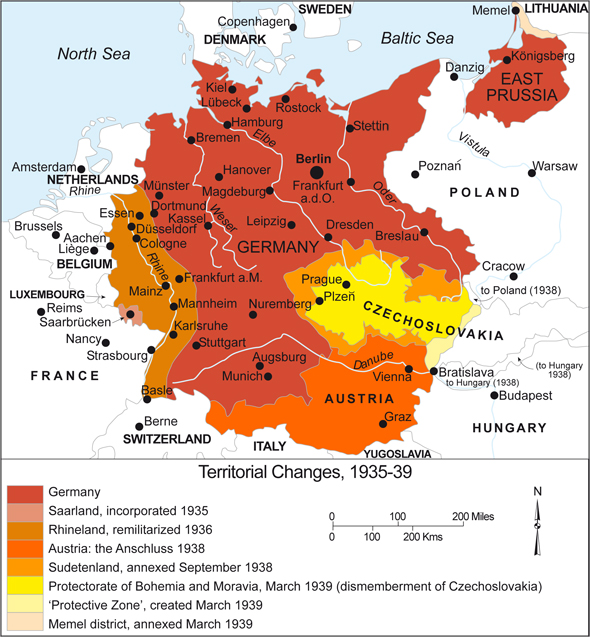The original source that I saw this claimed in was a 1930 book called "Hitler's Way" by Theodor Heuss who was the first German Federal President after WW2 (in 1930 he was an elected Reichstag member of the DDP, a left wing party), with a 1968 reprint and new intro explaining the context of the older book. It is claimed Hitler in speeches and letters repeatedly said the book was a product of his reaction to the situation in the early 1920s and by 1930 no longer subscribed to many of the views therein, with France being mentioned specifically. Understandable given the relations with France in the early 1920s and the dramatic change by 1930. After all he went from staging a coup and sitting in prison to getting elected in that period.
Of course Hitler could have been lying, but people do change. I myself don't think the same way I did 10 years ago, in part due to very different world circumstances.
AFAIK, Hitler's publisher confirmed it as being real after the end of WWII, which is good enough for me, TBH.
Someone who worked for the publisher claimed it was true according to the guy who found the manuscript, Gehrard Weinberg. I've never seen it confirmed anywhere else that this guy actually said that, just people repeating the claim by Weinberg. Even if this one guy did actually claim that, you can pay off anyone to say anything. BTW Weinberg was one of the guys who thought the faked Hitler Diaries were actually real. Not only that, but when he tried to shop around the 2nd book to publishers he couldn't find a single one who would publish it except for a friend of his who had just set up a publishing house. Unfortunately that is how BS gets laundered in the historical community, get published and no one tends to criticize it unless what is being published goes against the mainstream viewpoint.
Not only that, but if you read the intro to the 2nd book Weinberg even describes his obsession with finding Hitler's other work based on finding a couple extremely limited references to an unpublished work of Hitler's. Motivated people tend to find the things they were looking for one way or another. Wouldn't be the first time someone has forged history. Again see the Hitler diaries that Weinberg certified as authentic when he was one of two experts called in to assess it. That was only one of several faked diaries and documents that have come out after WW2. Frankly that severely undermines his credibility, especially given that an army intel officer supposedly had left a note about where it was found in the file it was discovered in, but no one else had ever seem to have seen it before. Given the content of the 2nd book you'd have thought the war crimes trials could have used that document as proof of Hitler's intentions.
But I could be wrong.
BTW speaking of forgeries one of Hitler's interpreters (Dollman) who translated in meetings with Mussolini wrote in his memoirs that while in British custody he was asked to review a doctored copy of Ciano's diaries to see if the forgeries looked believable; Dollman said yes, but only to anyone who didn't know Ciano personally. Supposedly the diaries available today are the doctored ones and were used as evidence of Hitler's intentions during war crimes trials.
Not all terrain is good for it. They might be able to blast through some mountains, but that can take several years and a lot of money. More than either had it turned out.
But keeping the BEF in France in 1940 would not have actually saved France, would it? Rather, it would have merely delayed the inevitable.
We won't even know.
IIRC, weren't the Czechs working up some sort of deeper protectorate status in early 1939 before Hitler sent in the troops? I might be mis-remembering though.
Not exactly sure what you mean. Hacha was still demanding independence when he met Hitler until Hitler just flat out told him no, if you want a deal there is only a single option on the table. He wanted some sort of deal, after all it was he who requested the meeting in the first place, but he wanted a deal that favored Czechia as of course anyone in his position would try to negotiate.

